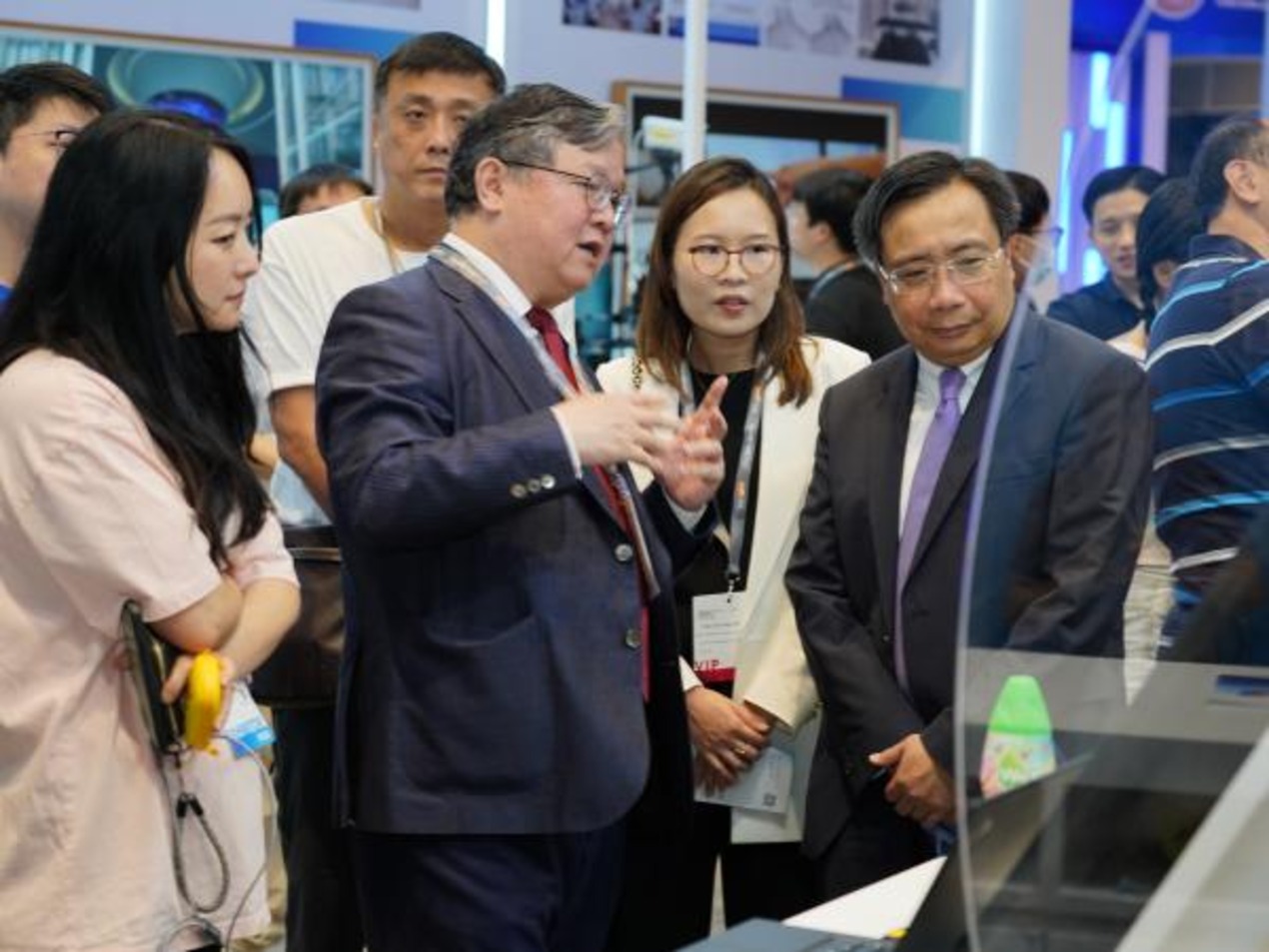
U.S. cities can expect to save $280 billion by 2030 with the deployment and use of digital twins, according to a new report. A digital twin is a simulated model of a physical process, product or service that can increase efficiency.
A digital twin uses the best available models, sensor information, and input data to mirror and predict activities/performance over the life of its corresponding physical twin. According to research, this technology is the ultimate tool for urban planners and city governments to design and build their infrastructure in a cost-effective way.
Digital twins allow cities to design buildings more accurately so as to avoid expensive modifications after the initial build, find more resilient ways to improve physical infrastructure to reduce the cost of emergency response and incorporate green design choices to yield long-term energy savings.
Cost savings can be obtained in key areas, such as energy and utilities, transportation, safety and security, and infrastructure. However, urban digital twins also offer many other advantages in terms of supporting and improving sustainability, circularity, decarbonisation, and the overall quality of urban living.
Digital twin technology is a valuable asset for smart city initiatives due to its ability to run simulations based on large datasets. For instance, researchers at the Energy Department’s Oak Ridge National Laboratory and National Renewable Energy Laboratory from the U.S. Department of Energy partnered with Chattanooga on digital twins to increase energy efficiency while also optimising drivers’ travel time, speed and safety.
The Navy is using digital twins of its ships to ensure combat readiness without the need to dock and conduct shipboard repairs and maintenance at sea. The Air Force has seen the benefits of digital twins first hand, with its ability to create synthetic equivalents of data – without any of its private, sensitive or classified information – that can be shared with research partners.
While the cost-saving advantages of digital twins allow cities to achieve fast Return on investment (ROI), the increasingly complex nature of connected and smart urban infrastructure, especially in view of future smart urban concepts, will simply mandate the deployment of digital twins as critical, holistic management tools, similar to the role they play in other industries like manufacturing
U.S. government agencies have been using data to make informed decisions in various areas as data-driven organisations deliver better outcomes, as reported by OpenGov Asia. A new report found that four out of five local government officials in the U.S. say they have improved their use of data in the past six years to drive better outcomes for residents.
Two key areas that have seen improvement are performance management and taking action, according to “Closing the Data Gap: How Cities Are Delivering Better Results for Residents. The report is based on a survey of 44 officials in the What Works Cities (WWC) network, an initiative to increase cities’ use of data.
Cities with crucial data skills and practices in place were able to pivot quickly to respond to the ever-evolving challenges the pandemic presented. The challenges include leaning on existing infrastructure, culture, and staff knowledge to immediately stand up crucial data command centres and public information dashboards in the early months of the pandemic and make critical decisions affecting public health, safety, and well-being. COVID-19 has illustrated the importance of investing in and building foundational data skills and practices that enable a city to respond quickly in the face of disaster.
Getting to more effective local government and better outcomes for residents requires the hard work of adopting foundational data practices, developing data skills across a broad swath of city staff, and putting in place critical data infrastructure.
















